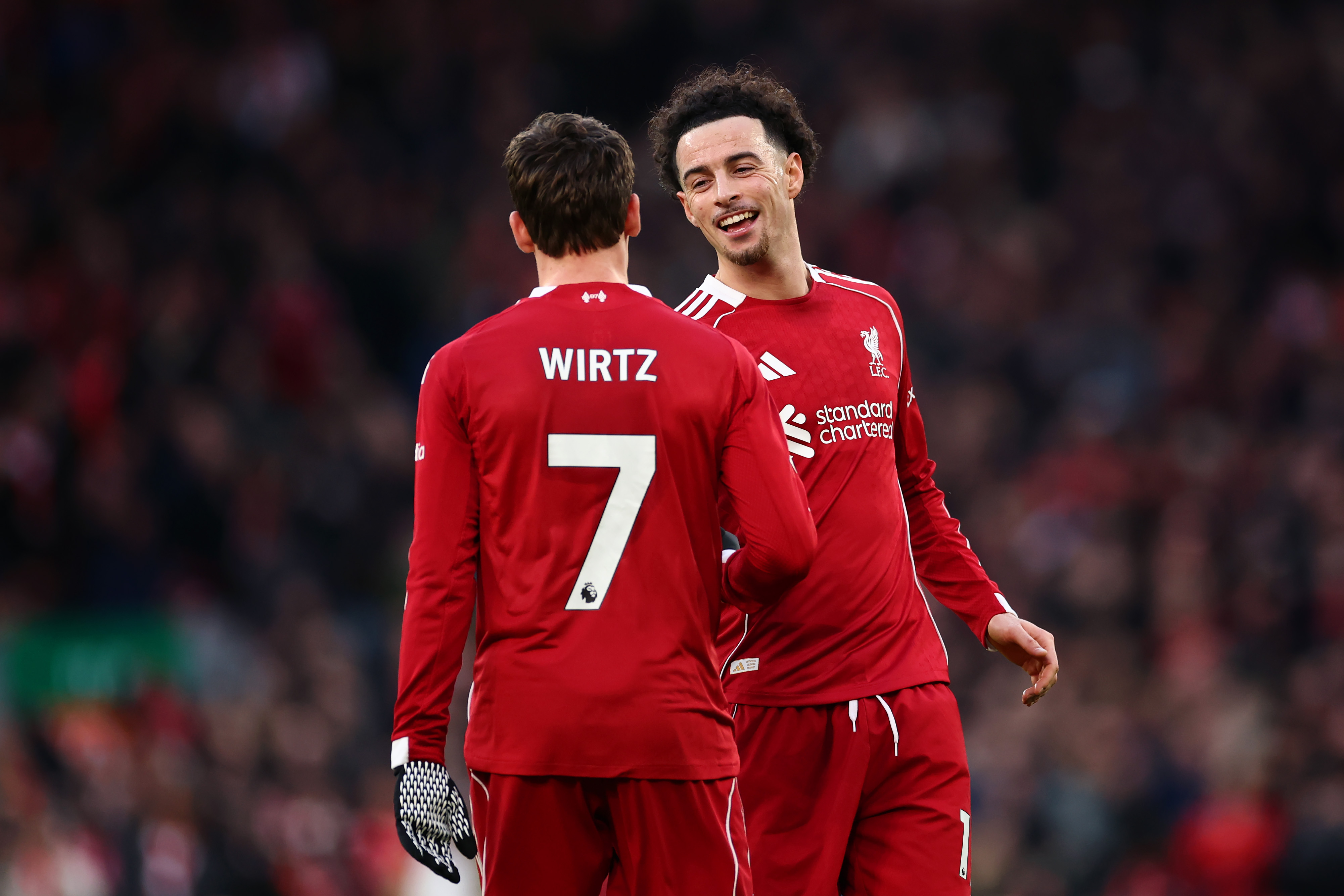
In an interview at the Balearic Islands club's training facility outside Palma, the 46-year-old former Danish international said none of Barca and Real's rivals had a realistic chance of winning the domestic title.
The fact Barca had eight players in Spain's World Cup-winning squad in South Africa and Real five could mean, however, that they would be hit by more injuries and greater loss of form than usual during their 2010-11 campaigns.
"The question mark is the reaction of the players from the World Cup," Laudrup, a former player at both Barca and Real, told Reuters.
"It is possible that one of the two will have problems, injuries or whatever, but then the other will probably be there to profit from it," he said.
Teams from what Laudrup termed the "second row" of Spanish football, including Sevilla, Valencia, Atletico Madrid and Villarreal, had no illusions about winning the domestic league, he added.
"If you ask them what their goal is for the season they will all say the Champions League. Nobody will tell you they are going to fight for the (Spanish) league.
"Looking at the squads it's a huge difference from Real and Barca to the other clubs.
The best features, fun and footballing quizzes, straight to your inbox every week.
"For another team to be champion in Spain they would have to be so lucky that the two big ones have a disastrous year."
DISTANT THIRD
Pep Guardiola's Barca side amassed a record 99 points in winning a second straight title last term, three ahead of Real who had a chance of pipping their arch rivals until the final day of the season.
Valencia were a distant third on 71 points and have since cashed in on their two best players, selling striker David Villa to Barca and his Spain team mate David Silva, an attacking midfielder, to Manchester City.
Real sacked coach Manuel Pellegrini after a trophy-less season and hired Jose Mourinho, the brash Portuguese who led Inter Milan to a treble of European Champions League and Italian league and cup.
Many are relishing the prospect of the pair battling it out in Spain after Mourinho's Inter knocked Guardiola's Barca out in a dramatic Champions League semi-final last season.
"There's a lot of show involved in that and people like it because it's like a duel," Laudrup said.
"They are so different," he added. "Mourinho has his style and Pep has his and there will be many, many articles during the year in all kinds of newspapers about those two."
SAME BOAT
Barca and Real's dominance derives in part from their duopoly over revenue from selling television rights.
Unlike rival European leagues, Spain does not have a system of collective bargaining that allows TV cash to be shared more equitably and Barca and Real split about half of the 600 million-euro total pot per season between them.
Laudrup, who coached La Liga club Getafe in the 2007-08 season, said Rea
 Join The Club
Join The Club





